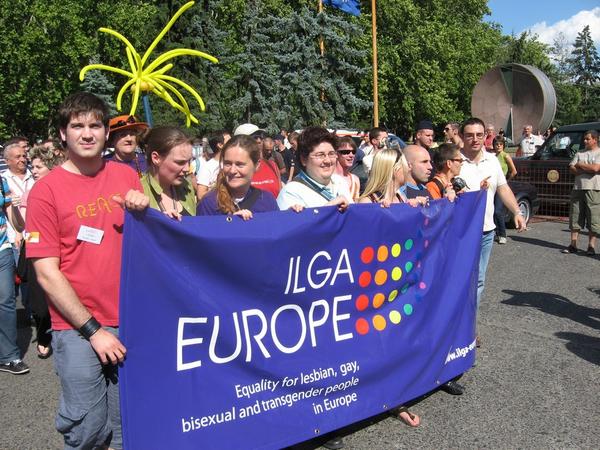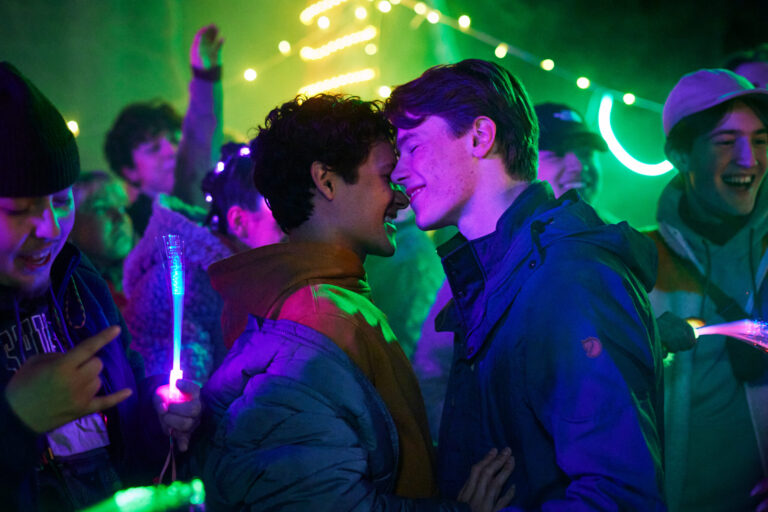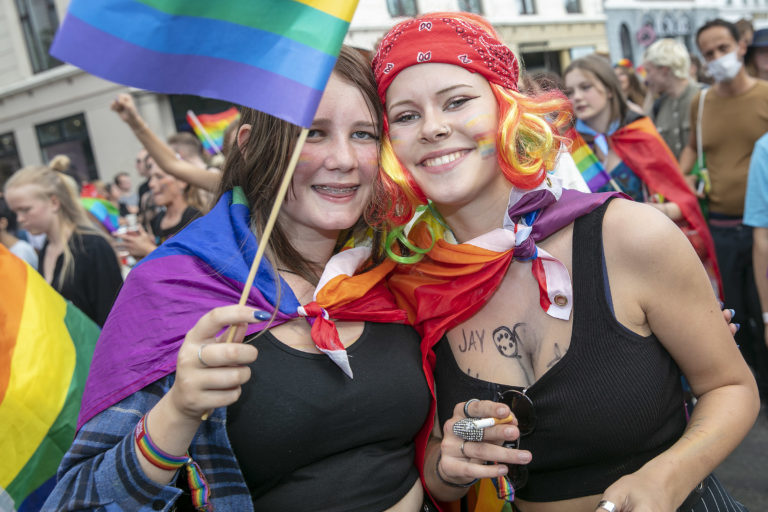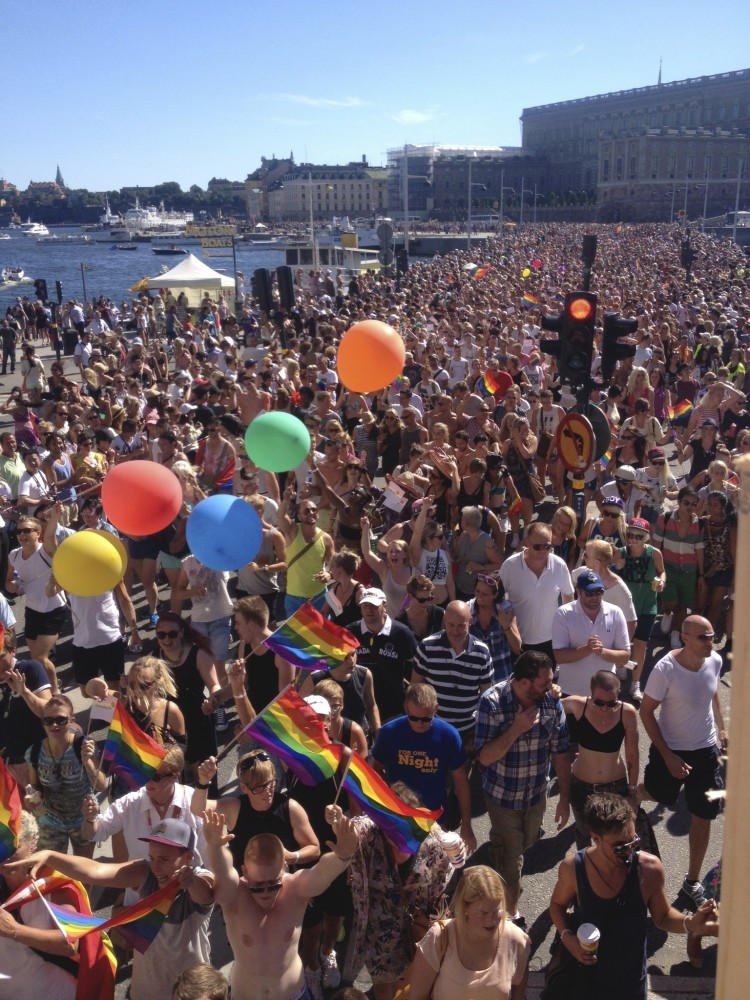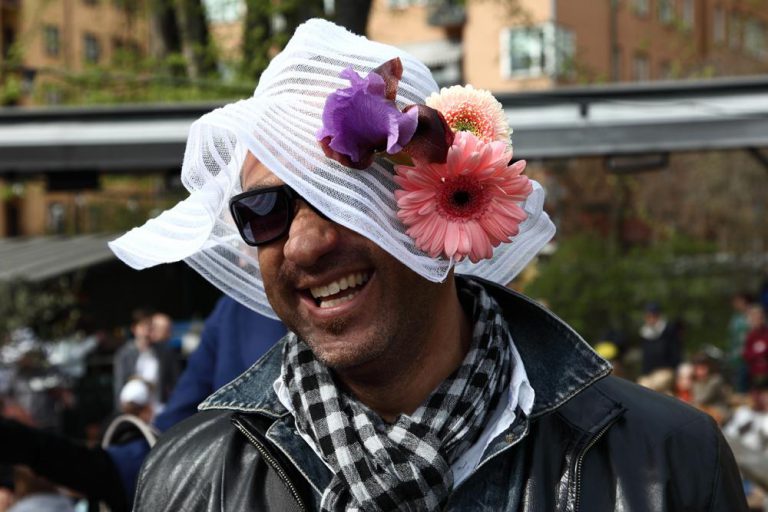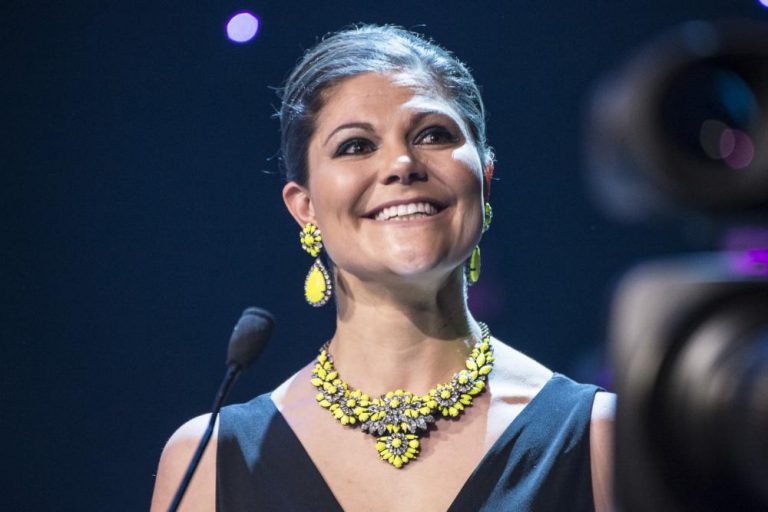Tóth originally said the parade would cause too much disruption of traffic.
That led to a denunciation from the executive director of the European Region of the International Lesbian and Gay Association, Patricia Prendiville, who said: ”We consider his decision as a sign of giving in to the threats of ultranationalists. The traffic hindrance explanation and an earlier suggestion to the LGBT activists to organize a stationary event in an area remote from the city center are just excuses for the unwillingness of the Budapest police chief to take his responsibilities seriously to ensure order.”
In changing his mind, Tóth said freedom of assembly and opinion should take priority over traffic delays.
”We hope the police have understood that it is their job to protect the march from attacks, and not to try to avoid the attacks by banning the march,” commented Gábor Kuszing of Hungary’s Association of People Challenging Patriarchy. ”We hope that they have learned from last year’s
serious attacks and will appear in adequate numbers to protect us.”
Last year, hundreds of skinheads, neo-Nazis and others threw eggs, bottles, smoke bombs, Molotov cocktails and plastic bags of sand at the 2,000 marchers. They also pelted police with beer bottles and physically attacked several marchers. One truck in the parade caught fire when a Molotov cocktail landed on it.
The counterdemonstrators shouted, ”Faggots into the Danube, followed by the Jews,” ”Soap factory” and ”Filthy faggots.”
Dozens more of the pride attendees were attacked in the vicinity of the post-parade party at the open-air, riverside Buddha Beach nightclub, the parade’s endpoint.
Parade organizers said police failed to protect pride celebrants from anti-gay mobs, did not patrol the area of the post-parade party and did not respond to emergency calls.
Budapest in QX GayMap
Uppdaterad 2018-05-15
Hjälp oss att komma ut
För att QX som månads- och nyhetstidning skall kunna fortsätta ge röst åt regnbågssamhället i hela sin fantastiska bredd behöver vi ditt stöd!
Som prenumerant får du månadstidningen digitalt före alla andra och du kan även välja att få den hemskickad. Med ditt stöd kan vi fortsatt komma ut!

